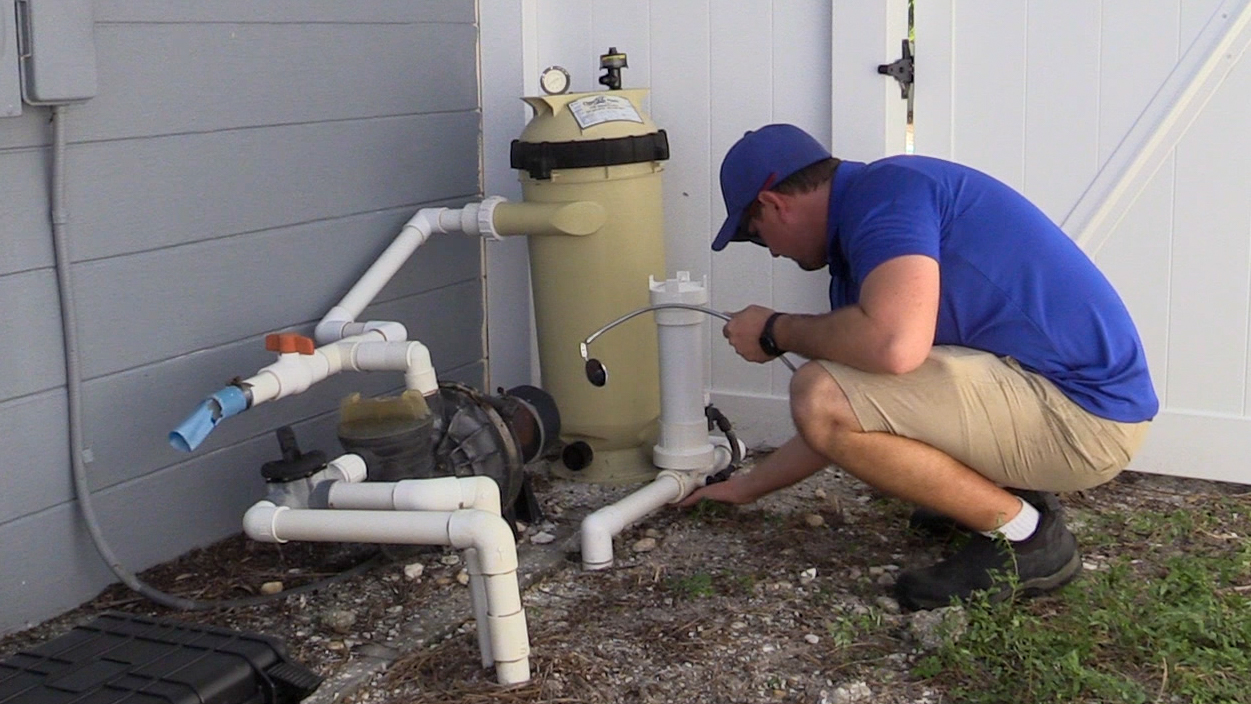Why a Pre-Home Purchase Pool Inspection Is a Good Idea
If you’re considering purchasing a home with a pool, it’s important to have a pre-home purchase pool inspection done before you close the deal. A pool is a significant investment, and it’s crucial to ensure that it’s in good working condition and up to code. Here are some things to consider when it comes to pre-home purchase pool inspections.
Why Have a Pre-Home Purchase Pool Inspection?
A pre-home purchase pool inspection is a thorough evaluation of the pool and its components, including structure, plumbing, electrical systems, and equipment. This inspection will help you identify any potential issues with the pool that may be costly to repair or cause safety concerns. Protect yourself with a professional expert inspection.
A pre-home purchase pool inspection is essential for several reasons:
- Safety: A pool that’s not up to code or has significant issues could be a safety hazard. A pre-home purchase pool inspection will identify any potential safety concerns and provide recommendations for repair or replacement.
- Cost: Repairing or replacing a pool can be expensive. A pre-home purchase pool inspection can identify any issues that could be costly to repair or could impact the value of the property.
- Peace of Mind: A pre-home purchase pool inspection can provide peace of mind that you’re making a sound investment. Knowing that the pool is in good condition can give you confidence in your purchase decision.
What Does a Pre-Home Purchase Pool Inspection Include?
Our pre-purchase pool inspection includes a thorough evaluation of the following:
- Pool Structure: This includes the pool shell, coping, and decking. The inspector will look for any cracks, damage, or deterioration that could impact the pool’s integrity.
- Plumbing: The plumbing system includes the pool’s pipes, valves, and fittings. The inspector will check for leaks, blockages, and other issues that could affect the pool’s performance.
- Electrical: The electrical system includes the pool’s wiring, lighting, and other electrical components. The inspector will check for safety issues and code compliance.
- Pool Equipment: This includes the pool’s pump, filter, heater, and other equipment. The inspector will evaluate the condition of the equipment and check for any issues that could impact its performance.
What Happens After the Inspection?
After the inspection, the inspector will provide a detailed report that outlines any issues found during the inspection. This report will include recommendations for repair or replacement and by request provide approximate market rates of repair costs.
Conclusion
Don’t wait to find out your equipment is broken and your pool has a leak with a potentially costly repair until AFTER you buy a home. Have a professional inspect your pool and perform a leak detection during your inspection period on your potential home purchase and know what you are buying.
A pre-home purchase pool inspection is an essential step in the home-buying process, particularly if the property includes a pool. It will help you identify any potential safety hazards or costly issues with the pool, giving you confidence in your investment decision. Be sure to hire a qualified and experienced pool inspector to ensure a thorough and accurate inspection.








0 comments